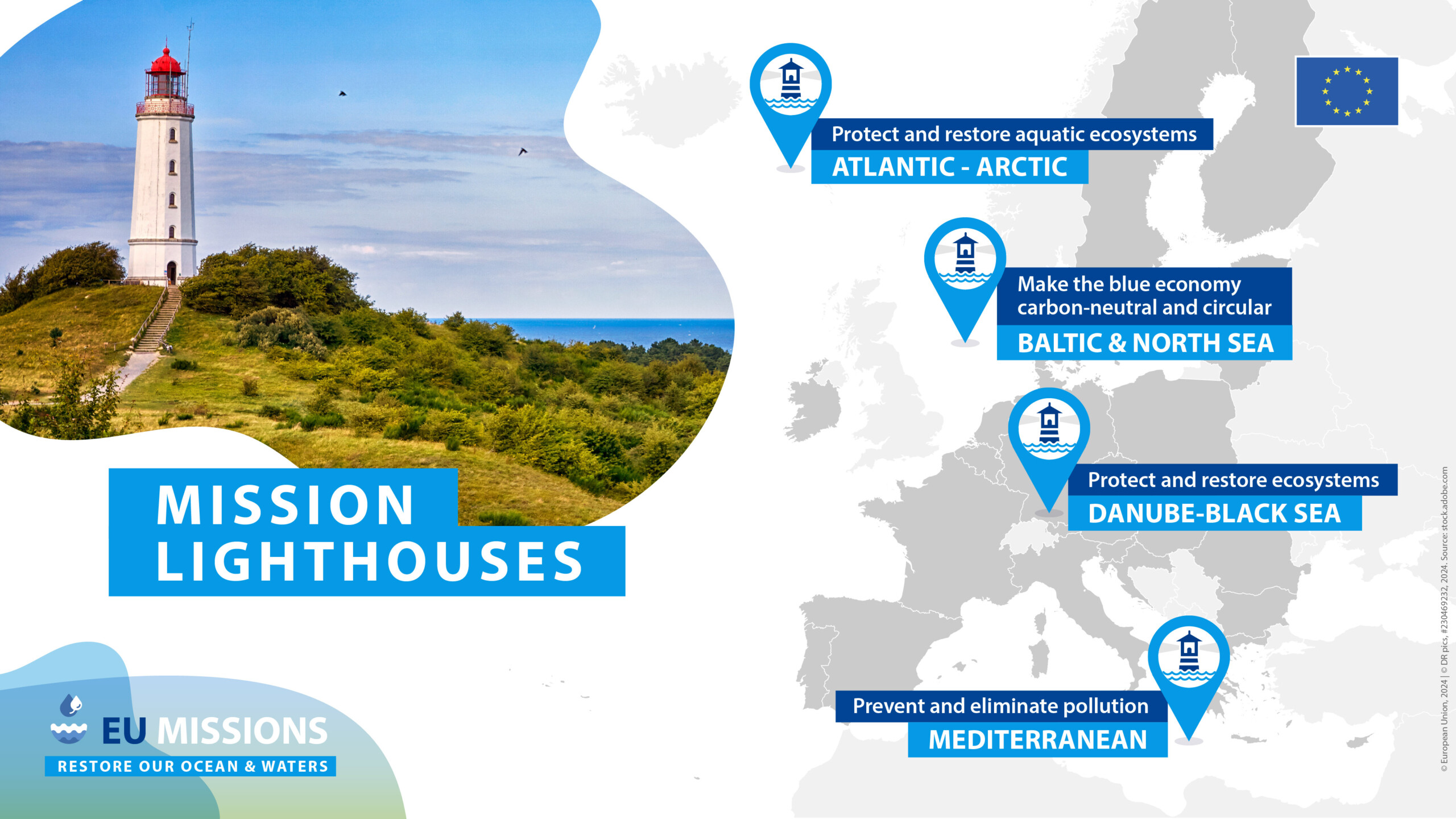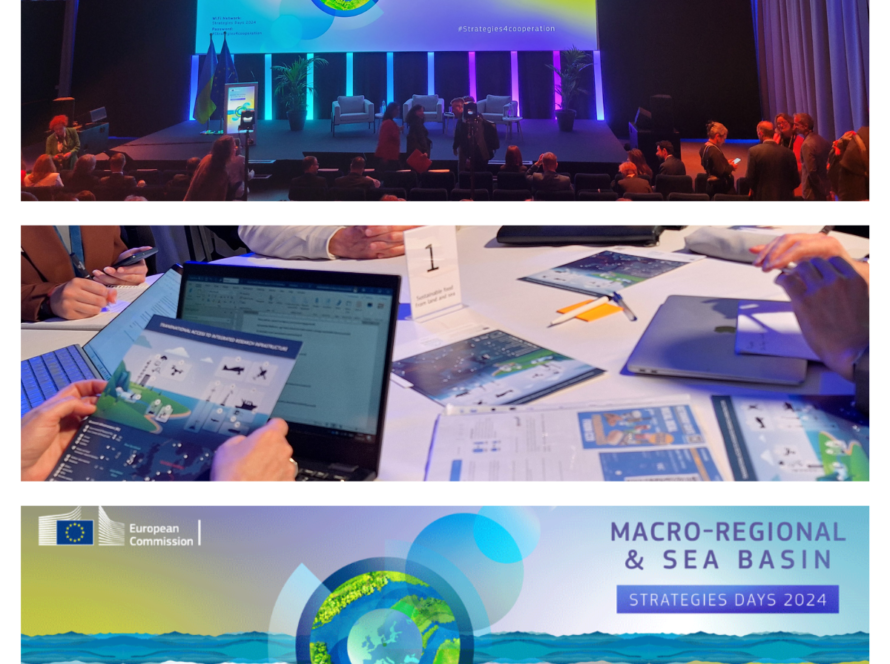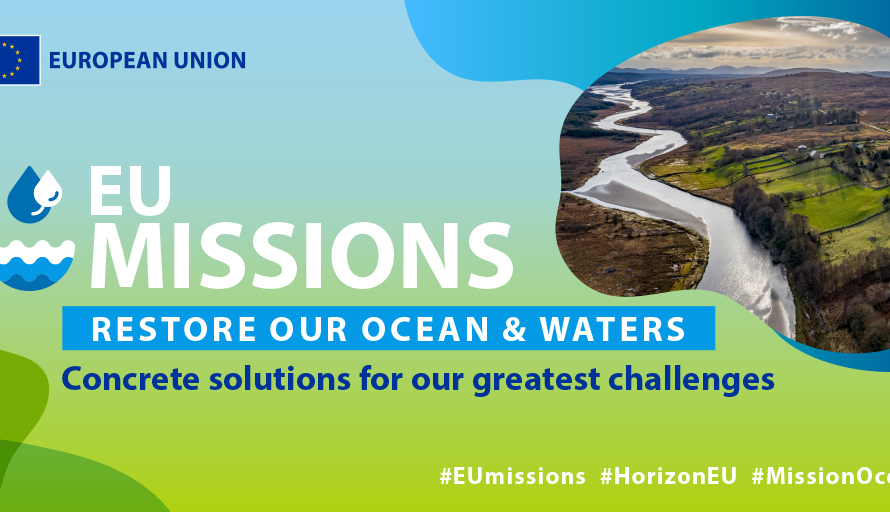
This November, AQUARIUS will launch the first of two Transnational Access (TA) funding calls to support research and innovation projects that demonstrate integration of different research infrastructures and contribute to the objectives of the EU Mission: Restore Our Ocean and Waters.
To help design the TA calls and facilitate the evaluation and selection of impactful project proposals, AQUARIUS partners and relevant experts have analysed the challenges across marine and freshwater environments to identify the main knowledge gaps. The results of this analysis can be found in the “AQUARIUS Call Priority” report.
Download the “AQUARIUS Call Priority” report here
This document provides a comprehensive list of “priorities” for each Lighthouse region in the following categories: “Knowledge Gaps”, “Scientific Challenges”, and “Societal Challenges and Opportunities”. To develop and define the final TA calls, this analysis will be combined with the outputs of a separate study (coming soon) to identify existing “data gaps”.
The “AQUARIUS Call Priority” report also identifies some potential key messages for those considering developing proposals to respond to the TA calls. These include:
- Collaborative Research Opportunities: TA calls should emphasize the importance of collaborative research initiatives that bring together multisectoral and multidisciplinary partners to address common environmental concerns. Encouraging transnational research projects that focus on cross-cutting issues such as pollution, biodiversity conservation, and sustainable blue economy practices will foster regional cooperation and knowledge exchange.
- Capacity Building and Knowledge Transfer: TA projects should include capacity building activities that enhance the scientific expertise and technical skills of researchers. Facilitating knowledge transfer through TA programs will enable researchers to leverage best practices, methodologies, and technologies from international partners to address local and regional environmental challenges effectively.
- Innovation and Technology Development: Promoting innovation and technology development through TA calls will support the implementation of cutting-edge solutions for monitoring, mitigating, and managing our aquatic environments. Encouraging the use of remote sensing, autonomous monitoring systems, new technologies, and data analytics tools will enhance the region’s capacity to address emerging environmental threats and improve decision-making processes.
- Stakeholder Engagement and Policy Impact: TA projects should engage with stakeholders, including local communities, industry representatives, and policymakers, to ensure that research outcomes have practical applications and policy relevance. Demonstrating the policy impact of TA-funded projects by translating scientific findings into actionable recommendations and policy measures will contribute to evidence-based decision-making and sustainable marine governance in the region.
Those interested in applying to the AQUARIUS Transnational Access Calls are advised to take a look at the AQUARIUS Call Priority and stay tuned for the “Data Gaps” report!



